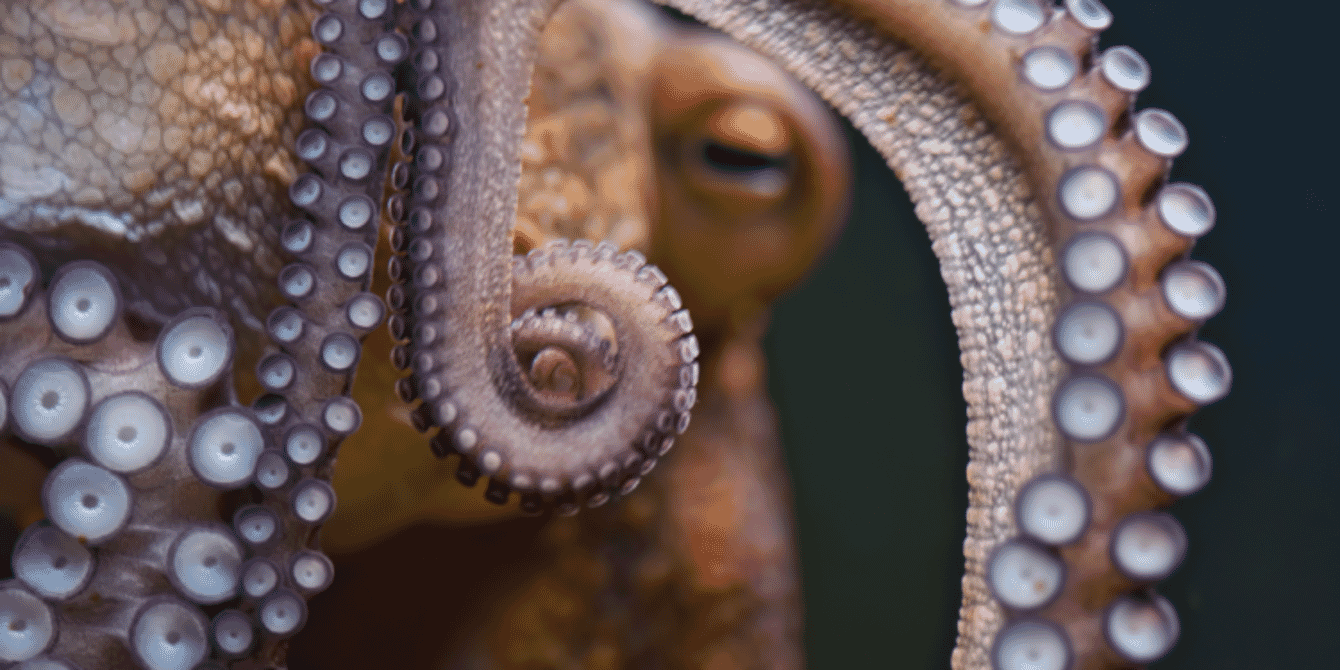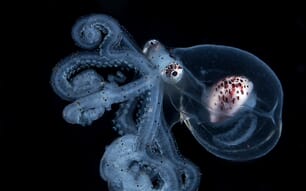
Aquatic Life Institute is an international non-profit organisation that works on advancing aquatic animal welfare in both aquaculture and wild capture fisheries globally
Bill 17913-12 was introduced this week by Representative Marisela Santibáñez with support from seven additional congress representatives, and now moves to the Commission of Environment and Natural Resources to be discussed. This bill would prohibit the intensive farming of octopuses, focusing on the potential harmful effects that this industry could pose for the environment. The bill was introduced by local Chilean organization Fundación Veg, with additional support, technical information, and draft language provided by Aquatic Life Institute (ALI). Both organisations are part of the Aquatic Animal Alliance, a global coalition of over 180 organisations working to improve the welfare of aquatic animals in the food system.
The bill argues that a ban on octopus farming is urgent to protect marine ecosystems, reduce public health risks and support food security for coastal communities. Lawmakers aim to act preemptively as octopus farming projects emerge in Mexico and Spain, amid growing evidence that the practice could violate animal welfare principles, sustainable development goals, and species conservation standards, and cause lasting harm to the environment and public health.
Growing global push against octopus farming
Similar legislation has been introduced in the United States, with formal bans already in place in California and Washington, and bills under consideration in New Jersey, Oregon, Massachusetts, Connecticut and at the federal level through the OCTOPUS Act (S.4810). The Aquatic Life Institute, which has supported each of these efforts, believes Chile’s proposal reflects growing global momentum to prohibit octopus farming as awareness of its environmental, public health and animal welfare risks becomes more widely known.
If enacted, Bill 17913-12 would safeguard octopuses from inhumane farming practices and position Chile as a global frontrunner in animal welfare and environmental protection.
“As a country rich in marine biodiversity and coastal communities who depend on healthy oceans, Chile cannot ignore the lessons from other nations where intensive aquaculture has brought serious harm. Farming solitary and carnivorous animals like octopuses in confinement is incompatible with the values of sustainability and the scientific evidence of potential harms. This bill reflects Chile’s commitment to protecting both animals and our marine ecosystems for future generations”, declared Catalina Lopez, certified aquatic veterinarian and director of the Aquatic Animal Alliance, in a press release.
Animal welfare and environmental concerns
The environmental, welfare and public health implications of octopus farming are manifold. These carnivorous animals require diets rich in marine ingredients, exacerbating the pressure on already declining wild fish populations and undermining global sustainable development goals. The overuse of antibiotics in aquaculture has been linked to the emergence of multidrug-resistant bacteria, with potential spillover effects into human populations. As widely documented, octopuses are highly intelligent and complex animals that suffer greatly in captivity due to their solitary and inquisitive nature. Several scientists have raised significant concerns about the practice of octopus farming, as conditions of intensive farming and extreme confinement are inherently unsuitable for their well-being, leading to stress, aggression and unnatural behaviours such as cannibalism. Furthermore, there are no approved humane slaughter methods for these animals. The ALI has published further research and background information on its campaign website.
“Chile has a unique opportunity to act in advance and prevent the development of an industry that has already proven globally to be unviable and environmentally unsustainable. At the same time, scientific evidence is clear: octopuses are highly intelligent animals with needs that cannot be met in captivity. Their industrial farming not only poses serious environmental and health risks but also represents an ethical setback that our country cannot allow,” said Ignacia Uribe, founder and CEO of Fundación Veg.
The proposal follows broader international moves against octopus farming. The Aquatic Life Institute has collaborated with organisations including the RSPCA and Friend of the Sea, which have issued statements rejecting certification of octopus or other cephalopod farming. These groups argue that welfare standards cannot be met for such species due to their complex behaviour, sentience and carnivorous diet.




